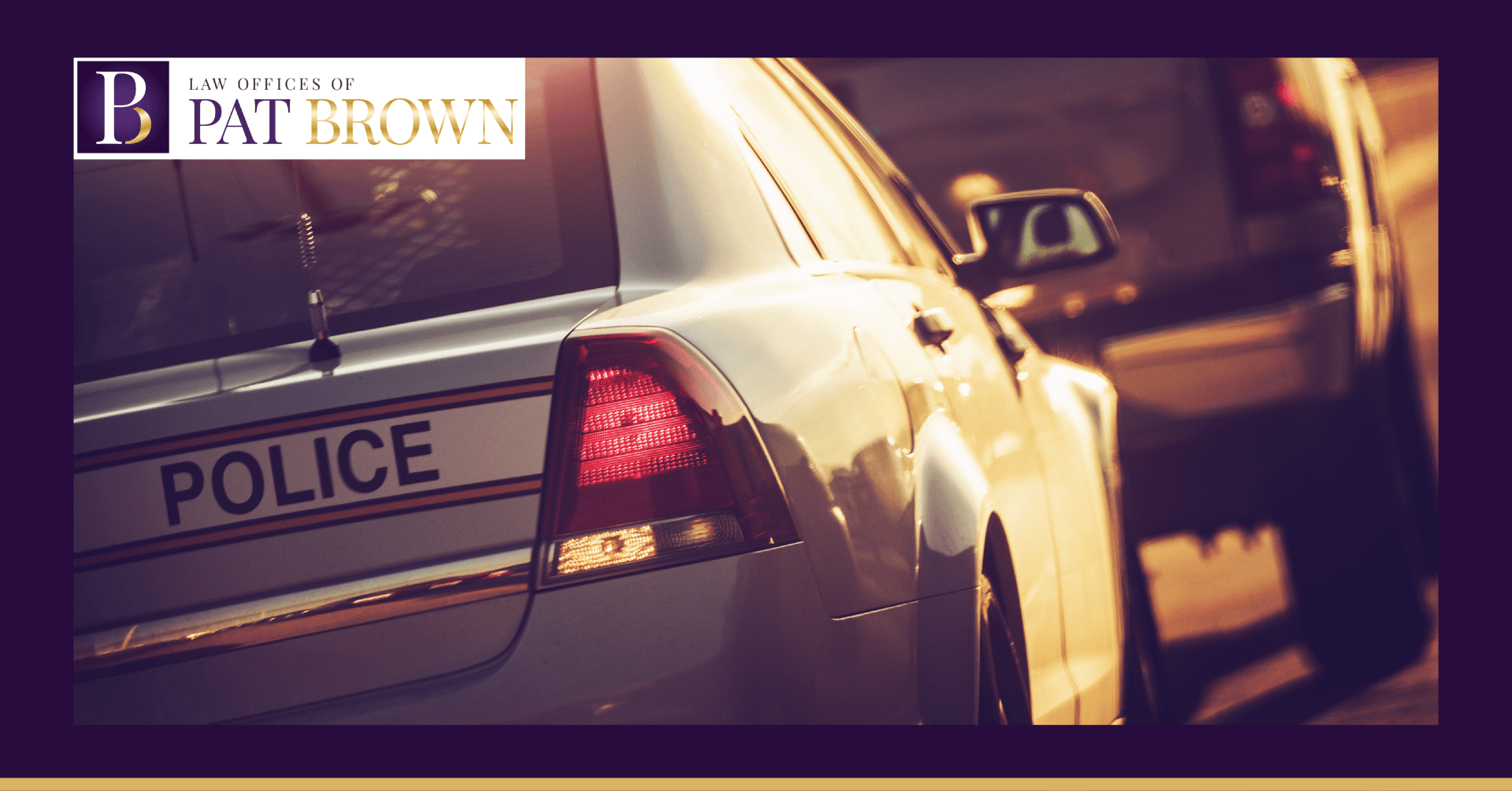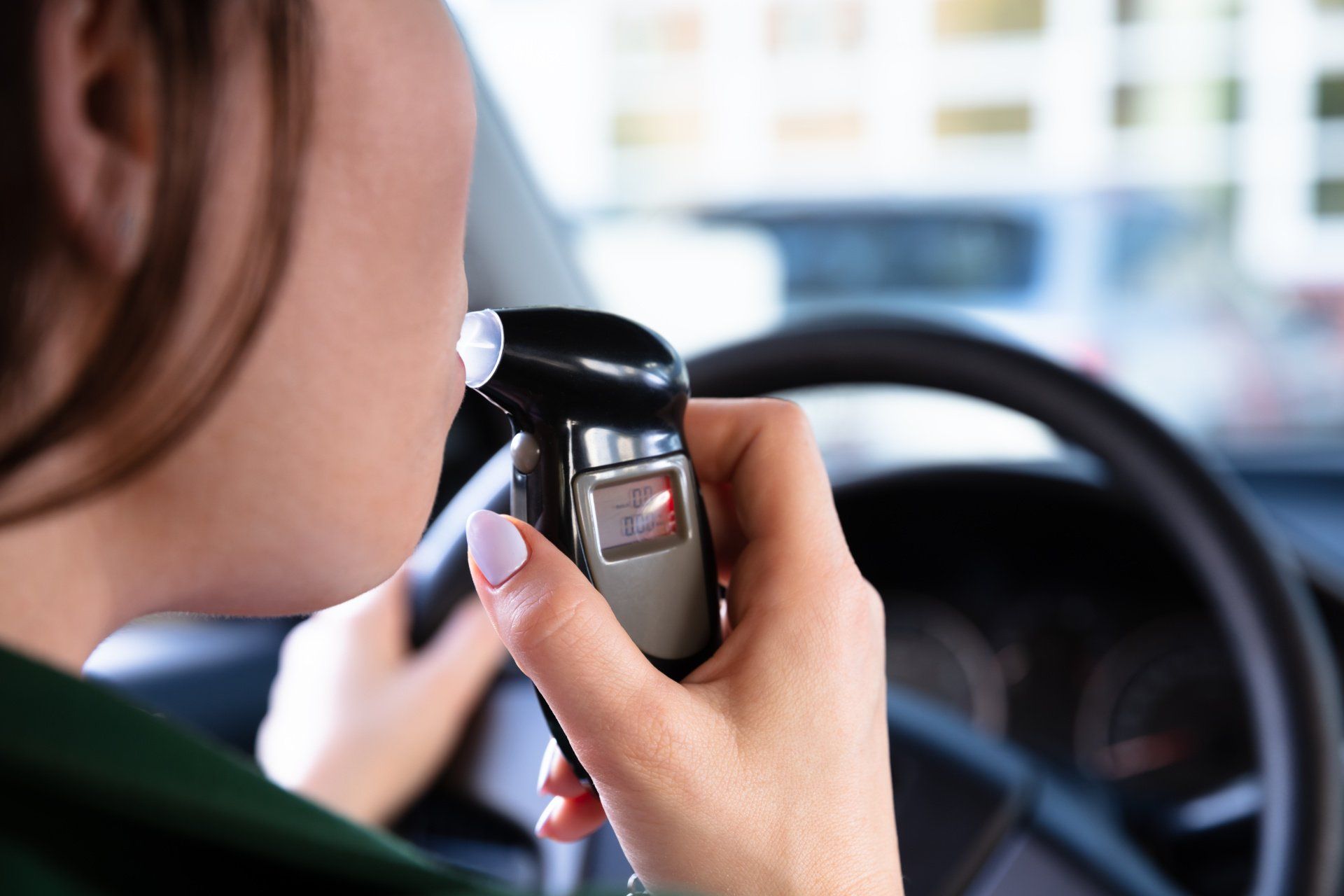DUI vs DWI
DUI vs DWI: What's the Difference?
Hear From a Veteran DUI Lawyer in Connecticut
When faced with any kind of criminal charges, defendants find themselves asking a lot of questions regarding their legal situation. Very suddenly, they can begin hearing terminology and acronyms they have never heard before, which can be confusing and frustrating when they’re trying to understand what they’re being charged with, what their responsibilities are, and what they should do next. Luckily, the team at The Law Offices of Pat Brown has the knowledge and experience needed to answer these questions and help defendants through the legal process.
What Is the Difference Between a DUI and a DWI?
Operating a motor vehicle under the influence of drugs or alcohol is referred to with many different acronyms:
DUI, DWI, OUI, OWI, DWUI, etc. These are all essentially ways to talk about the same criminal charge, commonly referred to as “drunk driving.” In Connecticut law, this offense is referred to as Driving Under the Influence, or DUI, whereas in states like New Jersey and New York, it’s referred to as Driving While Intoxicated, or DWI. There is really no difference between these acronyms.
Are There Different Types of DUIs in Connecticut?
Although there is really only one charge an individual can face regarding DUIs specifically, the circumstances of the incident will certainly change how the case will be handled. For instance, a driver
under the legal drinking age of 21 will be considered differently than one over 21, and a
commercial driver will face different consequences than a driver of a personal vehicle. Defendants will also face different
penalties based on whether this is their first offense or they have been charged with a DUI in the past.
Are DUIs the Same in Every State?
There are laws in every state regarding drunk driving; however, each state has its own penalties, fines, and even different definitions of what it means to be drunk! Many states rely on blood-alcohol content (BAC) to determine an individual’s level of intoxication, and Connecticut is no exception. In Connecticut, a motorist over the age of 21 with an elevated BAC level of .08% or higher is considered to be over the legal limit to operate a vehicle. Whether or not an intoxicated driver is a resident of the state, they can still expect to face consequences- 45 states and the District of Columbia are part of the Driver License Compact agreement, which means it’s likely that your home state will be notified if you’re pulled over for a DUI in Connecticut.
What Should I Do If I Am Charged With a DUI?
Don’t try to fight your DUI charges alone- rely on a team of experts who is eager to take your case. At the Law Offices of Pat Brown, our legal team is well-versed in the nuances of Connecticut DUI law, and we will work with you to minimize the negative impact of these charges on your life. Contact us today for a free case consultation.
Contact Us Today
For more information call us at (860) 321-7722 or click the button below to contact us online.
Our DUI Services
For more information on DUI services or for a free case consultation, call us at (860) 321-7722 or visit our contact page.
Frequently Asked Questions
Our Blog


What Makes Us Different
At Law Offices of Pat Brown, we are focused on helping our clients get the justice they deserve.






